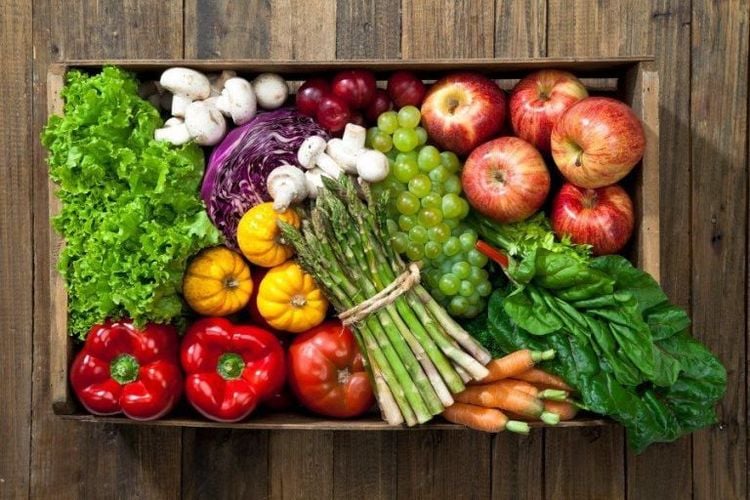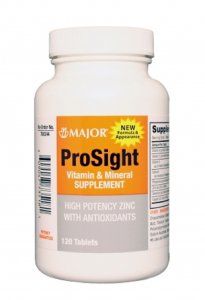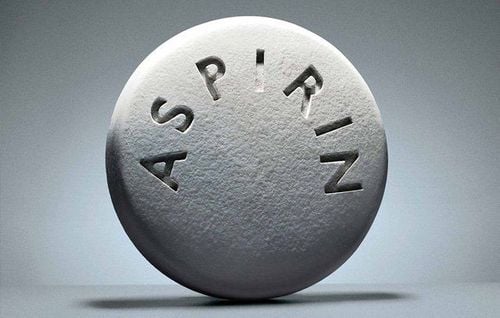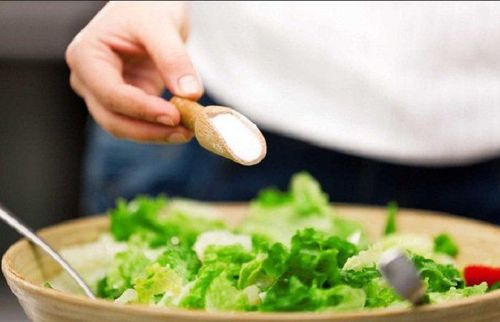This is an automatically translated article.
The article was professionally consulted by Master, Doctor Ngo Dac Thanh Huy - Cardiologist - Department of Medical Examination & Internal Medicine, Vinmec Danang International General HospitalSalty eating is a major risk factor for high blood pressure, risk of stroke, heart attack and many other cardiovascular diseases. In addition, eating salty foods also increases the risk of stomach cancer, kidney failure, osteoporosis and other health disorders.
1. Why does eating salty foods increase the risk of heart disease?
We all know that salt is one of the very important ingredients for the body. Because salt helps balance the amount of fluid in the body, helps transmit impulses to the brain and affects muscle contraction. Most dishes must contain a small amount of salt. In addition, the sodium in salt, along with potassium, magnesium, and calcium, combines with water to form a compound called an electrolyte, which has a "cleansing" effect inside the body. The World Health Organization recommends that each adult should consume less than 5 grams of salt per day (equivalent to 1 teaspoon of salt). However, most people consume twice the recommended amount of salt, which is about 10 grams per day.But in Vietnam, according to the results of a national survey in 2015, an average adult consumes up to 9.4 grams of salt a day, which is twice the recommended amount. In addition, according to statistics, currently in Vietnam, 1 out of every 5 adults has high blood pressure, and 1 in 3 patients dies because of diabetes. cardiovascular , mainly death due to cerebrovascular accident . In 2016, it was estimated that there were 81,800 deaths due to cerebrovascular disease (accounting for 15% of the total number of deaths nationwide) and 67,500 patients died from myocardial infarction (accounting for 12% of all deaths).
SEE ALSO: How harmful is eating salty food? Change salty eating habits today
According to the World Health Organization (WHO), eating salty foods has an increased risk of heart attacks and strokes. Not only that, many scientific studies have proven that eating salty foods is also the cause of many other diseases such as osteoporosis, kidney failure, stomach cancer. The body will "take in" a large amount of sodium when we eat salty foods. At that time, the level of sodium in the blood increases and the kidneys have to work at full capacity to filter the blood. When the amount of sodium in the blood is high, the kidneys cannot maximize their ability to work, so there will be an increase in osmotic pressure in the blood vessels, resulting in water moving into the blood vessels according to the pressure. osmosis causes an increase in blood volume. Therefore, eating salty foods is a cause of cardiovascular disease and high blood pressure.

For people with heart failure, besides symptoms of cough, shortness of breath, tachycardia, fatigue, edema is also a common symptom. Edema is common in the instep and lower leg, severe cases can lead to generalized edema, which is caused by circulatory stagnation, water and salt retention in the body. Thus, the implementation of a light diet, drinking less water is very important to help reduce the symptoms of edema and reduce the burden on the heart.
2. How to build a reduced salt diet?
Salt is abundant in sauces, dry foods such as dried fish, ham, fish sauce, etc. Accordingly, we should reduce salt in each meal step by step, light diets that you can participate in. References are as follows:Moderately pale diet: It is only about 800 - 1,200 mg of sodium per day in the diet, equivalent to 2 - 3g of salt. Which already contains 1g from rice and vegetables of the diet, so when processing food, just add 2g of salt/day or 2 teaspoons of fish sauce/day. Pale diet: In the diet only need from 400 - 700mg of sodium / day, corresponding to 1 - 2g of salt. There is already about 1 gram of salt from rice and vegetables in the diet. Therefore, when processing food, only 1g of table salt or 1 teaspoon of fish sauce/day is enough for the required amount of sodium. Completely pale diet: In the diet only need 200-300mg of sodium/day, equivalent to 0.5-1g of salt. This amount of sodium is already present in food, so when processing a meal, it should be noted: Absolutely do not use salt, main noodles, soup powder, fish sauce and choose foods containing less sodium such as: white rice, potatoes, tubers, vegetables, sweet fruits, meat, fish, eggs. To ensure a diet with a suitable and healthy amount of salt, we should prioritize foods with low salt content such as: green vegetables, fruits, lean meats,...

Foods containing a lot of salt should be limited, such as: Salted, fermented foods (salt pickles, salted eggplant, shrimp paste, fish sauce,...); processed foods (sausages, sausages, spring rolls...); dried food (dried fish, dried shrimp, dried squid,...); braised, roasted, rimmed foods (braised fish, braised meat,...) or industrial foods (eg instant noodles, chips, canned meat, canned fish),...
However, the Eating salty, excess salt adversely affects health, but in your daily diet, you still have to ensure that your body is provided with enough salt (sodium) needed. Accordingly, you need to remember and implement the message of the Health sector: "Put less salt - dip enough and immediately reduce salty foods" to ensure health.
In summary, eating salt is one of the main risk factors for cardiovascular disease, especially high blood pressure. Therefore, to prevent cardiovascular diseases and ensure good health, you need to build a healthy and reasonable diet. For people who have ever had cardiovascular disease, it is necessary to reduce salt according to the doctor's recommendations.
Follow the website of Vinmec International General Hospital for more information about health, knowledge about nutrition, beauty to take care of yourself and loved ones in your family.
Please dial HOTLINE for more information or register for an appointment HERE. Download MyVinmec app to make appointments faster and to manage your bookings easily.














